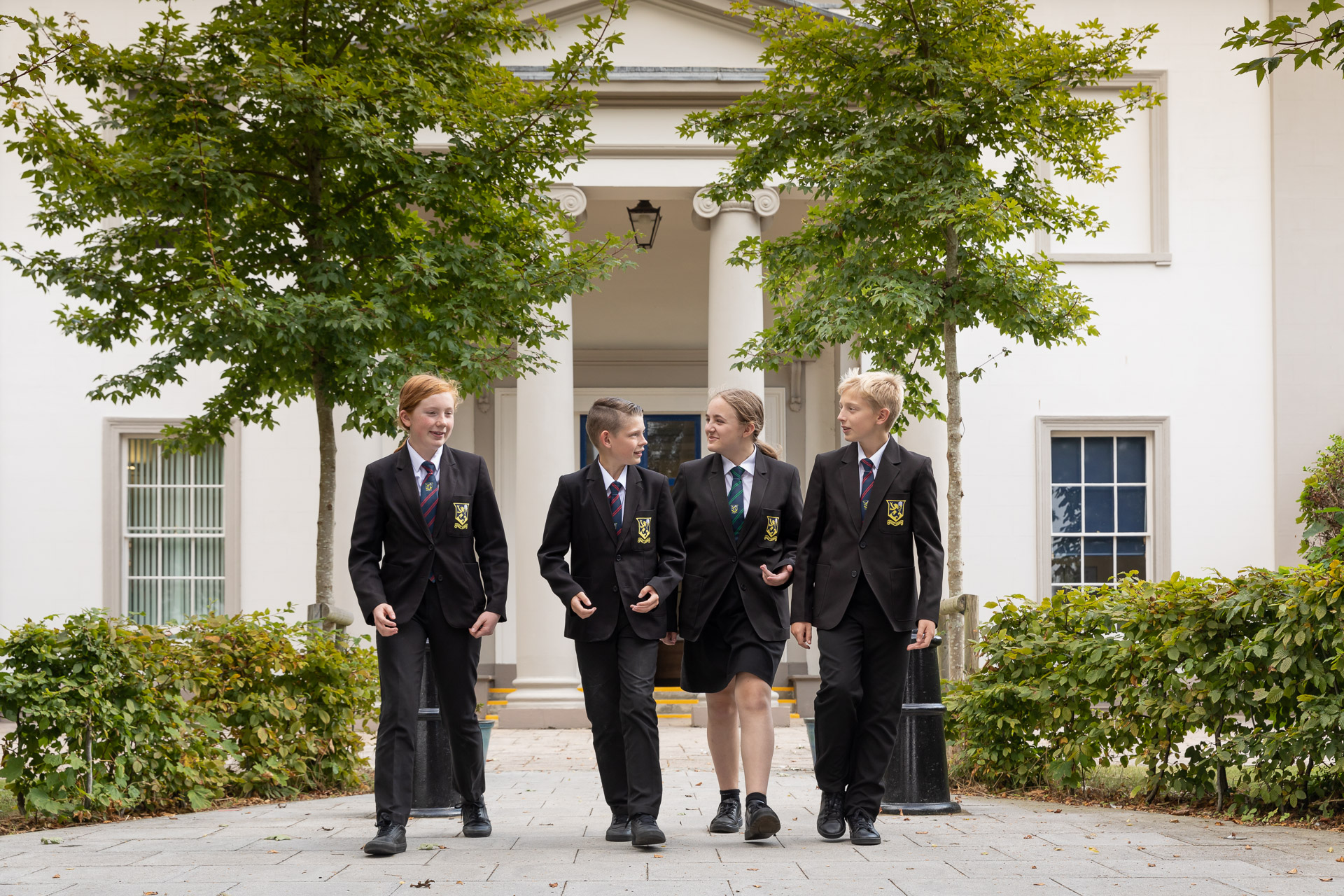Sociology
| Mr M Bruce | Lead Teacher |
| Mrs E Bolton | Teacher of Sociology/Deputy Headteacher |
| Mrs L Hutton | Teacher of Sociology/Director of Teaching |
| Miss K Shears | Teacher of Sociology/Lead Teacher Geography |
| Mr B Solly | Teacher of Sociology & History |
| Mrs D Mason | Teacher of Sociology/Lead Teacher Religious Studies |
Sociology – What it is and Why We Study It
Sociology is the study of how society works and the relationship between individuals, groups, and wider social structures. At Purbrook Park School, we want our pupils to develop a deep understanding of the tensions between individual choice and the influence of institutions such as family, education, media, and government, both in the UK and across the world.
Through studying Sociology, pupils learn to think critically about the world around them. They examine news, research, policies, and politics in relation to key social issues, debates, and changes in society. They are encouraged not to take information at face value, but instead to question, analyse, and interpret it.
Sociology equips pupils with valuable skills:
-
Critical Analysis – Pupils learn to evaluate arguments, evidence, and viewpoints in order to form well-reasoned opinions.
-
Research Skills – As a research-based discipline, pupils gain an understanding of how sociologists investigate society and how to assess the strengths and limitations of different research methods.
-
Understanding of Social Issues – Pupils explore key themes such as power, inequality, social control, and diversity, and learn how these impact people’s lives and opportunities.
-
Awareness of Perspectives – Pupils examine different sociological theories and perspectives, and develop the ability to see issues from multiple viewpoints.
-
Problem-Solving for Society – Pupils recognise the role of sociology in identifying problems in society and suggesting possible solutions.
By the end of the course, pupils will have developed the ability to use sociological knowledge alongside factual evidence to construct informed arguments, draw substantiated conclusions, and engage with the world as thoughtful, active citizens.
Careers Using Sociology
Studying Sociology opens up a wide range of career opportunities where understanding people, society, and behaviour is essential. Future pathways include:
-
Law, Criminology, and the Police – criminal justice, policing, probation, and forensic services
-
Health and Social Care – social work, counselling, nursing, community support, and public health
-
Education – teaching, youth work, educational psychology, and mentoring
-
Government and Policy – civil service, politics, social research, and local authority work
-
Media and Journalism – research, reporting, and analysing social trends
-
Human Resources and Business – recruitment, staff development, diversity and inclusion roles
-
Charity and International Development – NGOs, humanitarian work, and campaigning for social change
Sociology provides pupils with the analytical skills, cultural awareness, and communication abilities that are highly valued by employers across many sectors.
